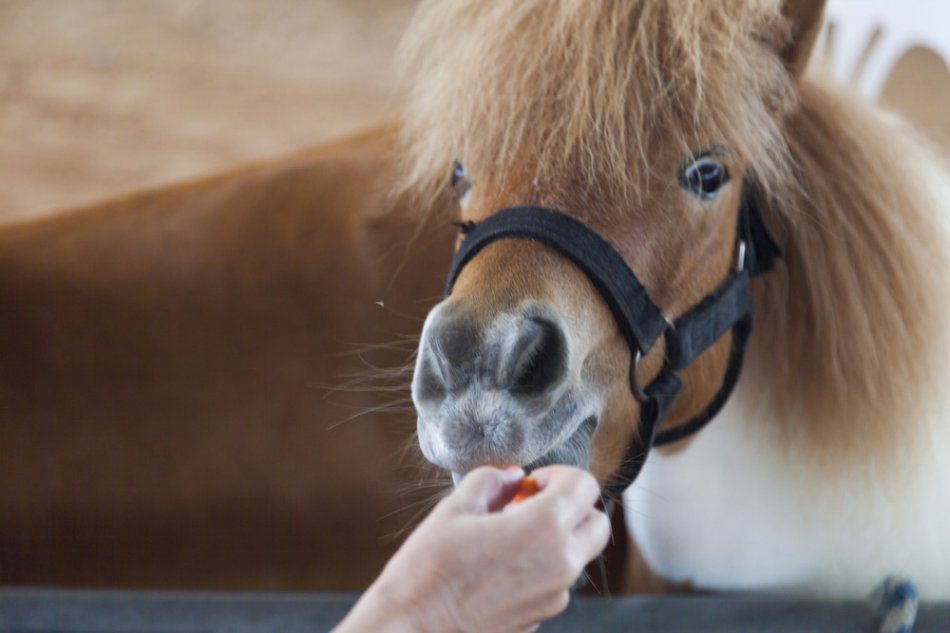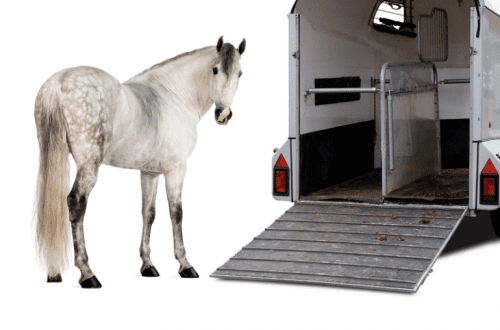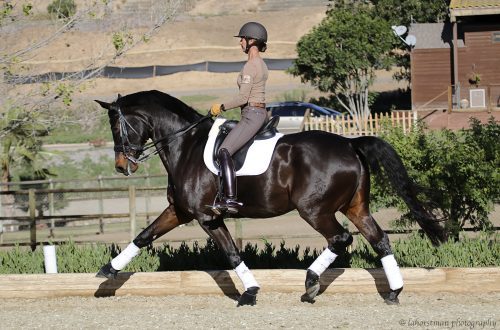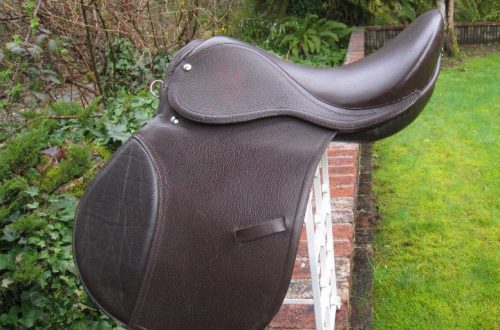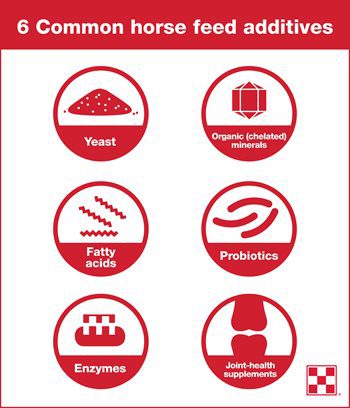
Feed additives for horses
Feed additives for horses are substances that are included in the diet in very limited quantities to supplement it with nutrients.
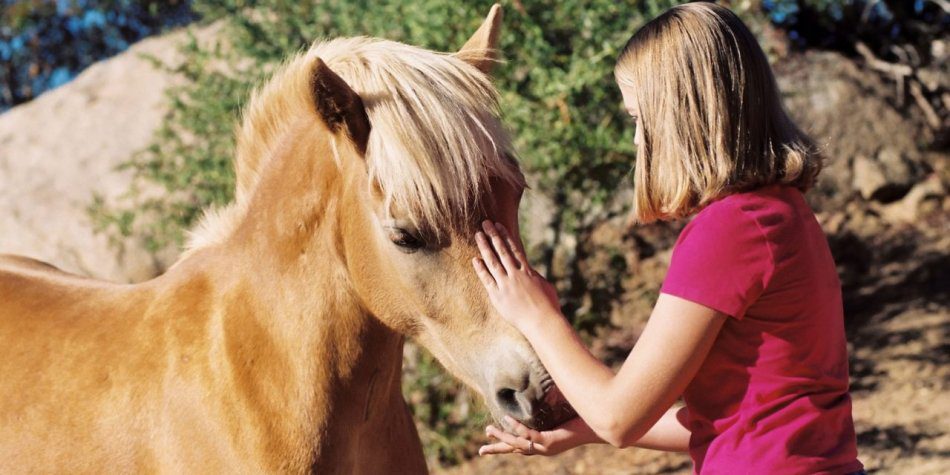
Contents
When do you need horse feed supplements?
First of all, you should decide on the purpose of using feed additives for horses. For example, if a horse is not gaining weight, first of all it is worthwhile to understand whether he has enough food, whether everything is in good health, whether he is infected with helminths, etc. If the diet as a whole is not balanced, feed additives will not be of benefit.
But there are cases when feed additives for horses are very important:
- Most of the diet consists of simple feed (grain), which contain few minerals and vitamins. In this case, the addition of calcium and vitamin E is necessary.
- The horse may not be eating enough solid feed for health reasons.
- Most of the diet is hay and/or haylage, and the horse does not have the opportunity to graze. In this case, a deficiency of vitamins A, D, E is possible.
- The horses are grazing, but the pasture is depleted or the grass in the area is deficient in nutrients.
- The horse is not eating enough forage.
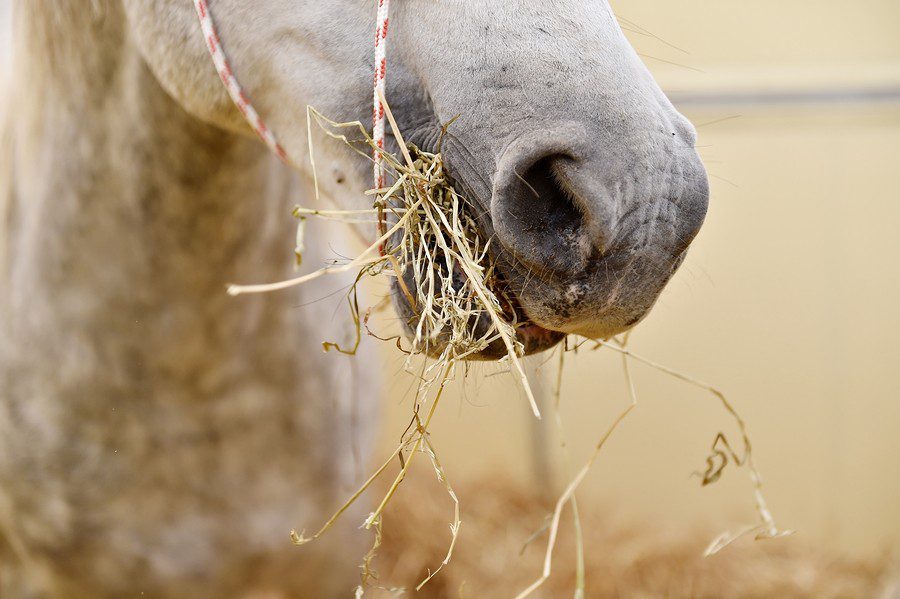
Oil as a feed additive for horses
Vegetable oils are added to the horse’s diet to increase the concentration of energy from the fats they contain or to improve the condition of the coat.
Vegetable oil is a good feed additive for horses, but it has its limitations. Oil is very high in calories, and if you give a lot of it to a horse, he will quickly gain weight. In addition, a large amount of oil disrupts the digestion of fiber.
Scientists have conducted a study on how much oil a horse can eat per day is safe for health. It turned out that approximately 1,5 kg of oil per day is relatively safe for the horse, but, of course, this is an extreme figure. Most often it is enough to give the horse 100 g of vegetable oil per day.
As a feed additive for horses, you can use soybean oil, linseed oil or sunflower oil (but only unrefined!)
If you have a performance horse, it is recommended to start oiling at least 1,5 months before the start of the start season. During this time, muscle fibers adapt to physical activity and begin to produce ATP aerobically.
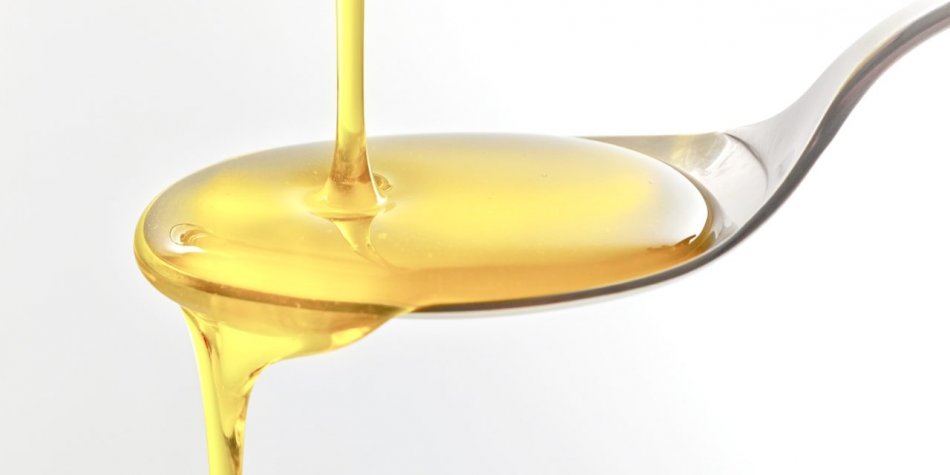
Succulents (fruits and vegetables) as a feed supplement for horses
Vegetables and fruits make the food more appetizing for the horse and increase the portion size. Succulents contain a lot of sugar and water, which makes them juicy. As a rule, they are given so that the horse eats food better.
Please note that you must first remove the dirt from the root crops – it contains pathogenic bacteria.
It is better to cut fruits and vegetables crosswise and lengthwise so that the horse does not suffocate.
As a rule, the following fruits and vegetables are given to horses:
- Apples.
- Carrot.
- Rutabaga.
- Turnip.
- Parsnip.
It is now accepted to limit the amount of fruits and vegetables in the horse’s diet, although some still feed pets up to 12 kg of succulents per day.
When compiling a diet, keep in mind that 8 kg of apples or carrots are equivalent to 1,3 kg of oats or 1 kg of barley.
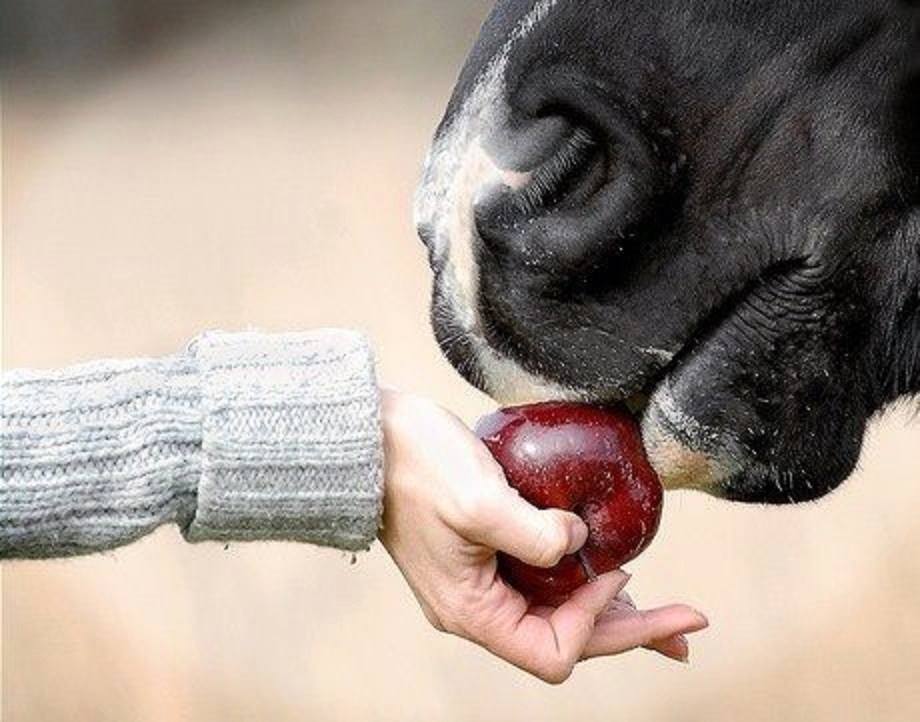
Nutritional supplements for horses
Nutritional supplements for horses fall into 2 categories:
- Broad spectrum nutritional supplements for horses. They contain a large amount of vitamins, trace elements and minerals. Such nutritional supplements are given if the horse eats little or no solid food.
- Special nutritional supplements for horses. These supplements are designed to serve a specific purpose, such as improving hoof health, electrolyte balance, or joint function.
Digestive stimulants as feed additives for horses
Digestive stimulants that are used as a feed additive for horses fall into 3 categories:
- Yeast. Yeast stimulates bacterial fermentation in the horse’s large intestine and therefore improves fiber absorption. In addition, yeast is an excellent source of B vitamins. Brewer’s yeast, dry yeast and live yeast are used in feeding horses.
- Probiotics. As a rule, probiotics for horses are preparations of bacterial cultures that help stabilize the microflora in the small intestine. Exactly how probiotics work on horses is not yet fully understood, but it is believed that they cause the growth of “good” bacteria and destroy disease-causing (pathogenic) bacteria. In addition, due to the production of additional enzymes, they improve the breakdown of food. It is worth giving the horse probiotics that contain 108 or 109 bacteria per gram, and these bacteria must be able to withstand the high acidity of the stomach and the conditions of the small intestine.
- Prebiotics. Prebiotics are nutritional supplements for horses that are non-bacterial in origin and stimulate the growth of “good” bacteria in the horse’s digestive tract. Usually these are derivatives of complex carbohydrates.
Treats for horses
Treats are small pieces of tasty food that are usually hand-fed as a reward. There are a wide variety of commercial horse treats available in a variety of flavors, so that every owner can choose what their pet will like.
